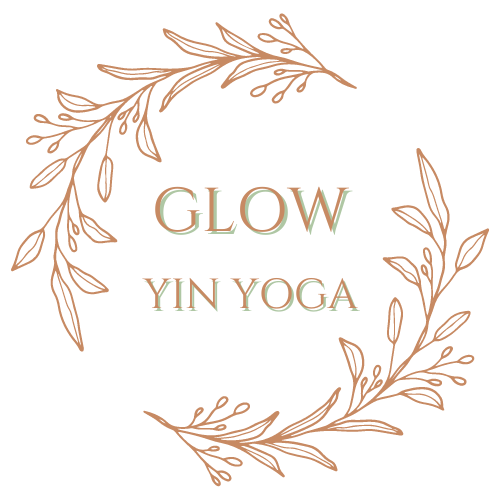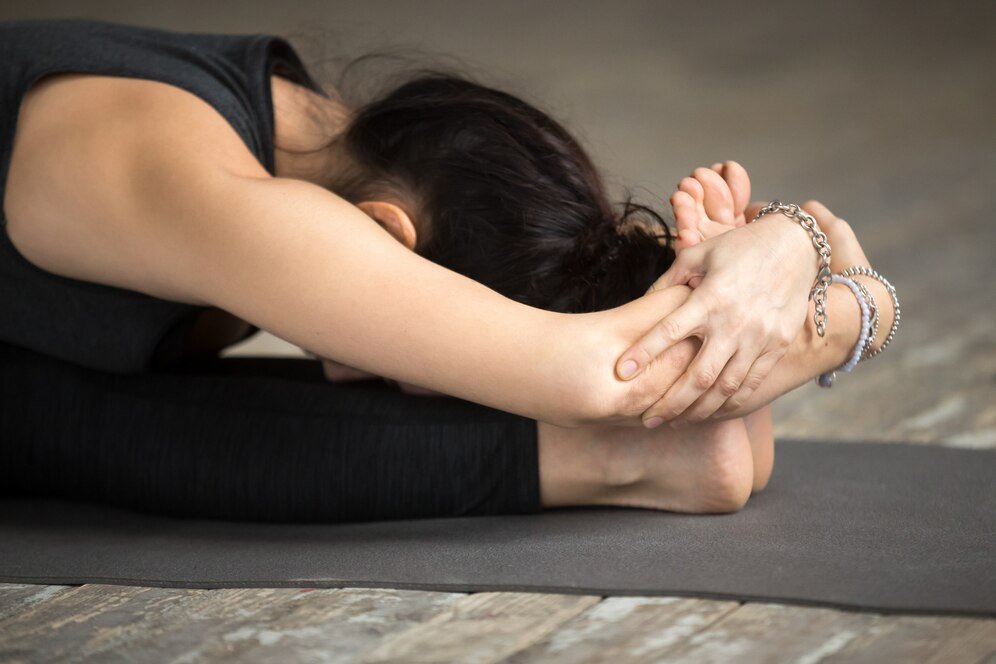Yin Yoga is a practice that emphasizes stillness and mindfulness, targeting the connective tissues and fostering a deep sense of relaxation and introspection. As practitioners become more experienced with the foundational aspects of Yin Yoga, they may feel drawn to explore the practice at a deeper level. Advanced Yin Yoga offers an opportunity to delve further into the subtleties of the practice, enhancing both physical and mental aspects.
What is Advanced Yin Yoga?
Advanced Yin Yoga goes beyond the basic postures and concepts, focusing on a more profound exploration of the body’s energetic systems, advanced postures, and deeper meditative practices. This level of practice often includes a greater emphasis on the principles of Traditional Chinese Medicine (TCM), the meridian theory, and the integration of mindfulness and meditation techniques.
Key Components of Advanced Yin Yoga
- Advanced Postures: In advanced Yin Yoga, practitioners work with more challenging poses that may require greater flexibility, strength, and mindfulness. These postures often target deeper layers of connective tissue and explore the body’s full range of motion.
- Energetic Awareness: A significant aspect of advanced Yin Yoga is understanding and working with the body’s energetic systems, such as the meridians and chakras. This involves aligning the practice with the principles of TCM, focusing on how different postures can influence the flow of Qi (energy) through the body’s energy channels.
- Extended Holds and Introspection: Advanced Yin Yoga often includes longer holds in poses, allowing practitioners to explore deeper layers of tension and release. This extended time in each posture fosters a heightened state of introspection and mindfulness, encouraging a deeper connection with the body and mind.
- Meditation and Mindfulness: Incorporating advanced meditation and mindfulness techniques is a core component of advanced Yin Yoga. This practice emphasizes observing the mind and emotions, cultivating equanimity, and developing a deeper awareness of the present moment.
- Anatomical and Physiological Understanding: Advanced practitioners often delve into the anatomical and physiological aspects of Yin Yoga, gaining a deeper understanding of how the practice affects the body’s tissues and systems. This knowledge helps in refining alignment, avoiding injury, and maximizing the benefits of each posture.
Benefits of Advanced Yin Yoga
- Enhanced Flexibility and Mobility: Advanced poses target deeper layers of connective tissue, helping to increase flexibility and improve joint mobility.
- Greater Energetic Balance: Working with the body’s energy systems can help balance the flow of energy, leading to a greater sense of vitality and well-being.
- Deepened Mindfulness and Meditation: The emphasis on mindfulness and meditation fosters a deeper state of mental clarity and emotional balance.
- Increased Body Awareness: A deeper understanding of anatomy and physiology enhances body awareness, helping practitioners to move more mindfully and prevent injuries.
- Personal Growth and Transformation: The introspective nature of advanced Yin Yoga can lead to profound personal insights and growth, helping practitioners to develop greater self-awareness and inner peace.
Who Should Practice Advanced Yin Yoga?
Advanced Yin Yoga is suitable for experienced practitioners who have a solid foundation in basic Yin Yoga postures and principles. It is ideal for those looking to deepen their practice, explore the energetic and meditative aspects of yoga, and develop a more nuanced understanding of the body’s anatomy and physiology.
How to Start Practicing Advanced Yin Yoga
- Seek Guidance from Experienced Teachers: It’s essential to learn from teachers who have a deep understanding of advanced Yin Yoga. They can provide guidance on proper alignment, modifications, and the subtler aspects of the practice.
- Gradually Increase the Intensity: Start by gradually incorporating more advanced postures and longer holds into your practice. It’s crucial to listen to your body and avoid pushing beyond your limits.
- Explore the Energetic and Meditative Aspects: Engage with the energetic and meditative aspects of Yin Yoga by studying relevant texts, attending workshops, or working with a teacher knowledgeable in TCM and meditation.
- Focus on Self-Reflection and Mindfulness: Advanced Yin Yoga is as much about the mind as it is about the body. Cultivate a mindful approach to your practice, observing your thoughts, emotions, and sensations without judgment.
Conclusion: The Journey of Advanced Yin Yoga
Advanced Yin Yoga offers a rich and rewarding journey for those willing to delve deeper into their practice. It provides a holistic approach to well-being, encompassing physical, energetic, and mental aspects. Whether you are seeking to enhance your flexibility, balance your energy, or deepen your mindfulness practice, advanced Yin Yoga can be a transformative experience that fosters growth and self-discovery.
By committing to this deeper exploration, practitioners can cultivate a greater sense of balance, harmony, and inner peace, both on and off the mat.
Get in Touch
200-Hour Yin Yoga Training | Yin Yoga TTC | 200 Hour Yin Yoga Teacher Training Course | Yin Yoga | Yin Yoga Retreats | Yin Yoga Teacher Training Course

